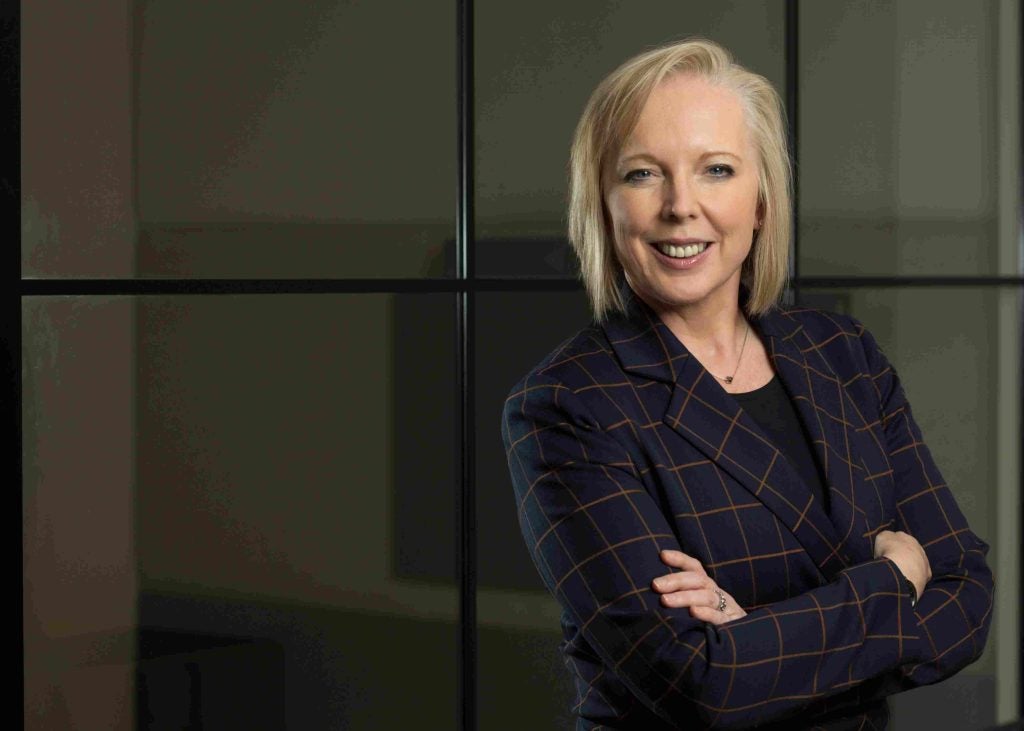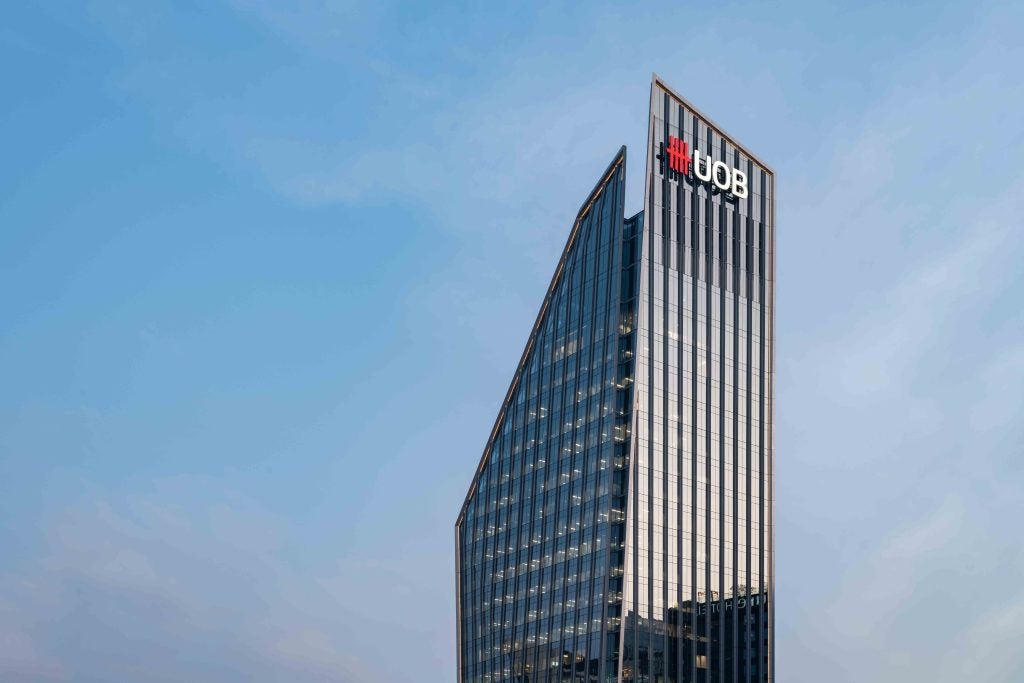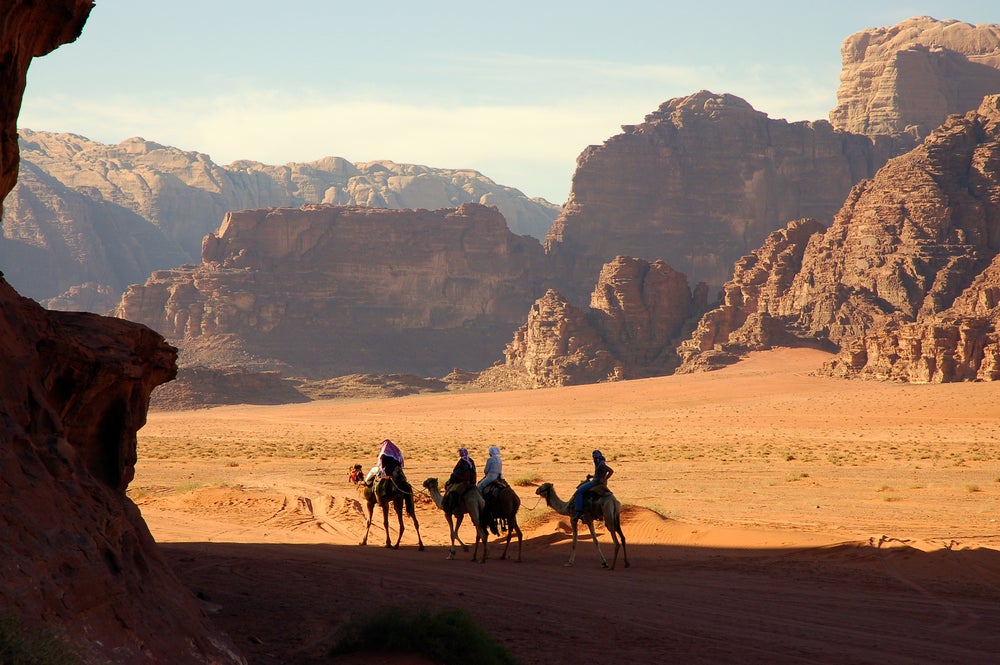
In the first of a series of articles looking at wealth management in the Middle East, Oliver Williams highlights some of the region’s lesser-known corners for HNWIs and their investments.
The Middle East was the “lone bright spot in 2018” according to Capgemini’s World Wealth Report. Last year saw the first global wealth decline in seven years, the report said, however the Middle East bucked the trend: The region recorded the only increase in both HNW wealth and population.
Overall, that increase meant 5.8% more HNWIs between 2017 and 2018. Not huge but better than the declines in Asia-Pacific, Europe and Africa. Driving this growth were Saudi Arabia and Kuwait, whose HNWI populations rose by 7% and 8% respectively. The UAE, until recently the sole bright spot, was not among them: Its HNWI population fell by 6%.
Given some of the more unsung countries seem to be having their day, this article seeks out the lesser-known spots of the Middle East that have embraced the region’s post-oil reality.
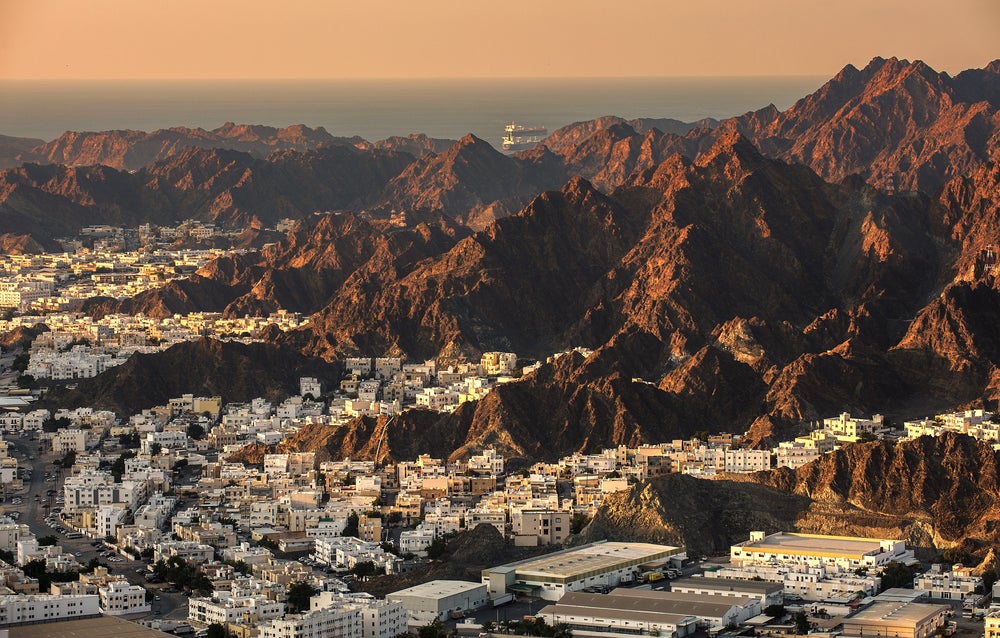
Oman: The Switzerland of the Middle East
Oman is often labelled ‘the Switzerland of the Middle East’ due to its neutral role in local conflicts, both diplomatic (Qatar) and military (Yemen). That is where the comparison ends, however. Private banking in the country bears little resemblance to its cool alpine cousin. The number of HNWIs in the country pales in comparison to its Gulf neighbours where oil is more abundant.
Nonetheless, Oman relies heavily on oil and its falling price has meant credit agencies downgrading Oman’s debt to junk and the IMF cutting its 2019 economic growth forecast to 0.3%. The health of its ruler, Sultan Qaboos, is not good following prolonged absences for medical treatment and with no obvious heir many are concerned about the country’s succession plans.
However, its Switzerland status might yet help the Sultanate. Due to the blockade of Qatar, Oman is currently Qatar’s top non-oil exporting destination. It has also signed an MoU to develop Iraq’s oil and gas sector and maintains strong links with Iran, which it mediates with the US.
Then there is the government’s current five-year diversification strategy (Tanfeedh), which has earmarked OMR3.7bn (£7.8bn) for investment in 2019, including OMR1.2bn for infrastructure and the Duqm Special Economic Zone (SEZAD), planned as a key logistics hub.
Policies dubbed “Omanisation” are aimed at creating more local wealth rather than relying on expat inputs like neighbouring UAE. A visa ban on expat hiring last year saw the number of foreign workers fall by 65,000 between May 2018 and May 2019, according to the National Centre for Statistics and Information (NCSI).
That and the 11 state-owned companies being readied for IPOs will help to increase local wealth. This is good news for wealth managers. Sohar International has launched its Wealth Management business this year to capitalise on local demand and a handful of foreign players are already present.
Saudi Arabia: NEOM NEOM NEOM
Crown Prince Mohammed bin Salman’s corruption crackdown has not gone down well with HNWIs in his country. Following his purge of princes, ministers and billionaires in 2017, during which 500 were locked up in the Riyadh Ritz-Carlton, many have been searching for ways to leave their home country. “We’ve seen a lot of Middle Eastern families come to us post MBS crackdown”, says one London family office executive.
In 2017, just one Saudi Arabian HNWI applied to the UK’s Tier 1 Investor Visa, which allows residency in return for a £2m investment. In 2018, 14 applied. Other countries which offer residency- and citizenship-by-investment schemes have also reported an increase: Two Saudi families bought 62 Maltese passports in the second half of 2017 alone.
Another popular destination is Turkey, which now offers a citizenship-by-investment program and can provide more of the home comforts familiar to Saudi HNWIs.
Darren Edwards, founding partner of Luxury Property Turkey, says he has seen more and more Saudi investors buying up Turkish property. “If I take my clients from Kuwait, Saudi, Bahrain, they used to invest in places like Syria, Damascus, Egypt, Beirut. But as these places have become less secure Turkey has become more on the map”.
However, Saudi Arabia has plans to stem the capital flight, as well as attract other investors from afar. NEOM is a new city to be built on 450 km of untouched Red Sea coastline. The project aims to create a total (non-oil) GDP of $100 billion by 2030, helped by an autonomous judicial system and a friendly tax structure separate to Saudi’s own.

Already luxury properties are being designed to house the HNWIs moving to NEOM, as well as those applying to Saudi Arabia’s new tourist visa, which has just been announced.
Many are skeptical, however. A Malaysian investor said he would want “a more practical and pragmatic political situation”, before investing. Others said they were not interested as they already have houses in Dubai or Istanbul.
Lebanon: Fighting back
“We Are All Carlos Ghosn”, reads a billboard in Beirut. The Lebanese capital is where the former Nissan chairman, who was arrested last year over misuse of company assets, has parked much of his wealth.
Ghosn, who is a Lebanese citizen, has received support from several prominent countrymen, including President Michel Aoun. Many are worried that international probes into Ghosn’s assets could strain Lebanon’s historic banking secrecy laws.
These have made Lebanon an attractive wealth management destination among local HNWIs as well as the country’s sizable diaspora around the world. The banking secrecy law adopted in 1956 requires banks not to reveal any financial information about their clients to any third party, according to an IMF report.
However, there are exceptions to the rule. Lebanon’s anti money laundering watchdog lifted banking secrecy in 30 cases, out of 489 it investigated last year. Lebanon also signed up to the Common Reporting Standards (CRS) in 2018 and started the automatic exchange of data.
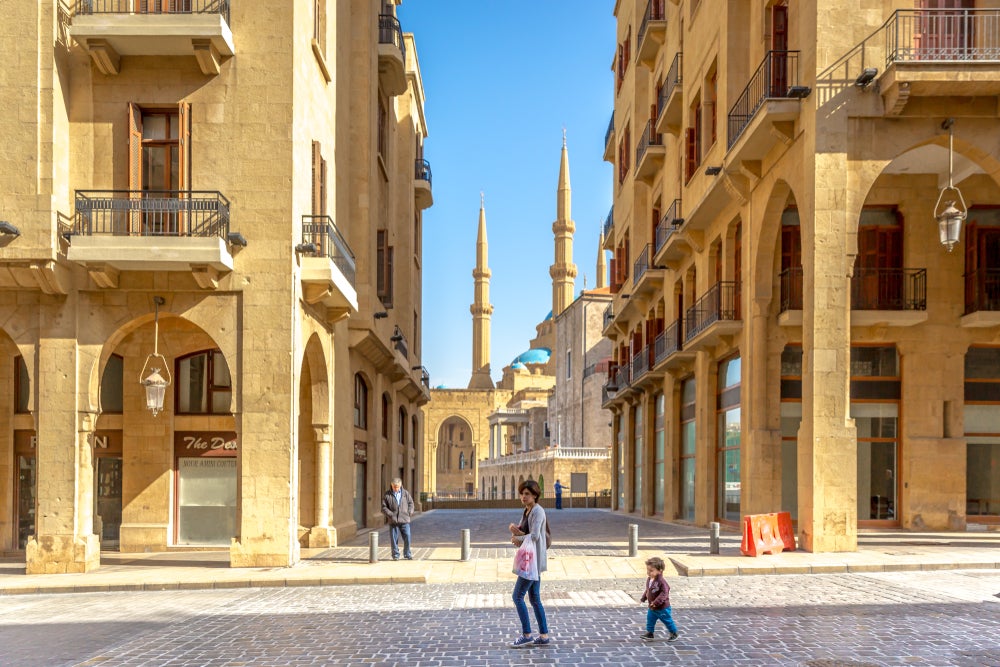
If HNWIs are worried about reforms to the banking sector, they will be more unnerved about the nation’s currency. The Lebanese pound was pegged to the dollar two years ago but is now on shaky ground. As the fixed exchange rate (1,507.5 pounds to the US dollar) diverges with the black-market and central bank reserves fall, many ordinary Lebanese have begun to transfer dollar savings abroad. Goldman Sachs estimated Lebanese banking deposit growth has turned negative for the first time in decades.
But Lebanese are used to volatility – most have seen far worse – and the rewards are worth the risk, says Farnoush Farsiar, founder of Plato Capital, an asset manager: “Through all of this, their financial system is quite robust. Somehow they still manage to pay their bonds on time. I’m getting offers from top Lebanese banks: 5% on deposits. You are taking Lebanese risks, but it’s a monthly payment scheme”.
Kuwait: Kuwaiting for 2035
No Gulf country is without a grandiose development plan with some future date stamped onto it. “Vision 2035”, is Kuwait’s version and it sounds similar to others: Human capital, healthcare, infrastructure and a “living environment” are among the seven pillars of a plan which wants to see Kuwait “within the top 35% of countries by 2035”, according to the brochure.
While the project has received funding, including the $3bn Sheikh Jaber Bridge linking the mainland to an economic free zone called Silk City, the funds available to allocate to such projects are less than its Gulf neighbours.
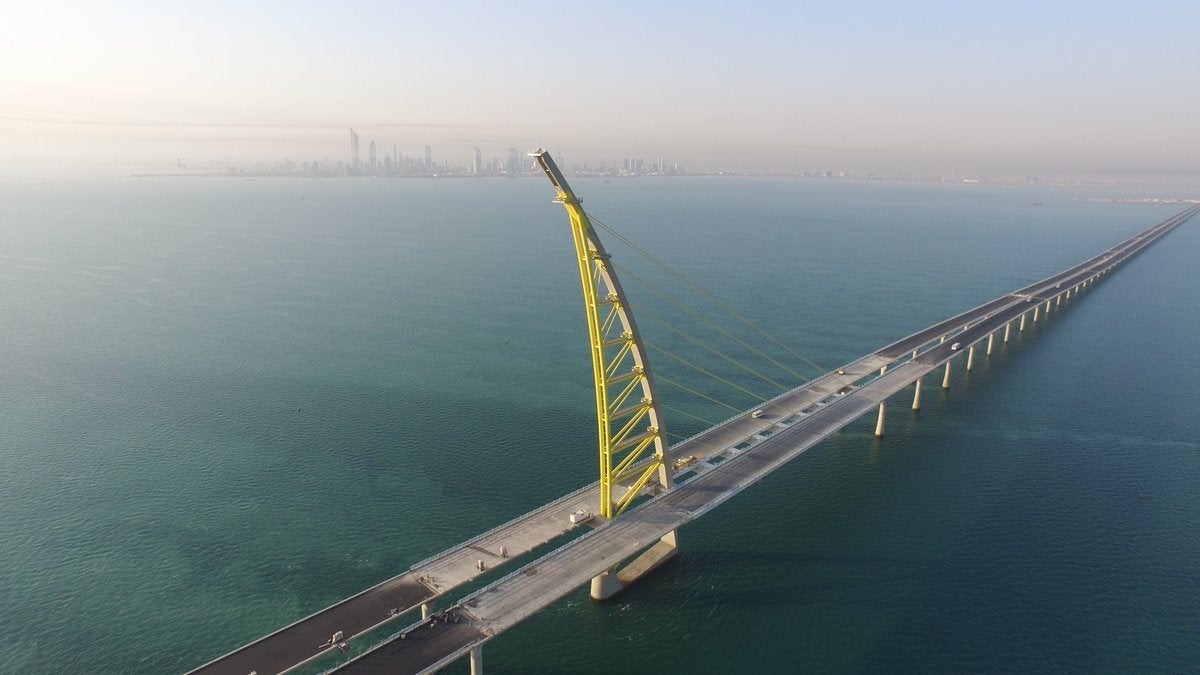
Perhaps, though, Kuwait is being prudish by not running up a debt on development. In contrast to Lebanon, Kuwait is the tenth least indebted country in the world in terms of GDP. Unlike its Gulf neighbours, it wants to stay in the black while pivoting away from oil, which currently accounts for 92% of exports.
Kuwait’s 188,000-odd HNWIs (estimated by Capgemini) are less reliant upon oil, however. Most owe their wealth to financial services, according to GlobalData. Kuwaiti firms have the second largest amount of assets under management in the Middle East after Saudi Arabia, according to a recent report from Moody’s. Retail and transport are also profitable industries for wealthy Kuwaitis.
This has helped convince the MSCI to upgrade Kuwait from “frontier” to emerging market status, which will help liquidity in the Boursa Kuwait. Along with Vision 2035, this will tempt more of Kuwait’s HNWIs to bring their money back home: Traditionally they have followed the Kuwait Investment Authority, the country’s sovereign wealth fund, in channelling money abroad. Now much of it seems to be coming home.




